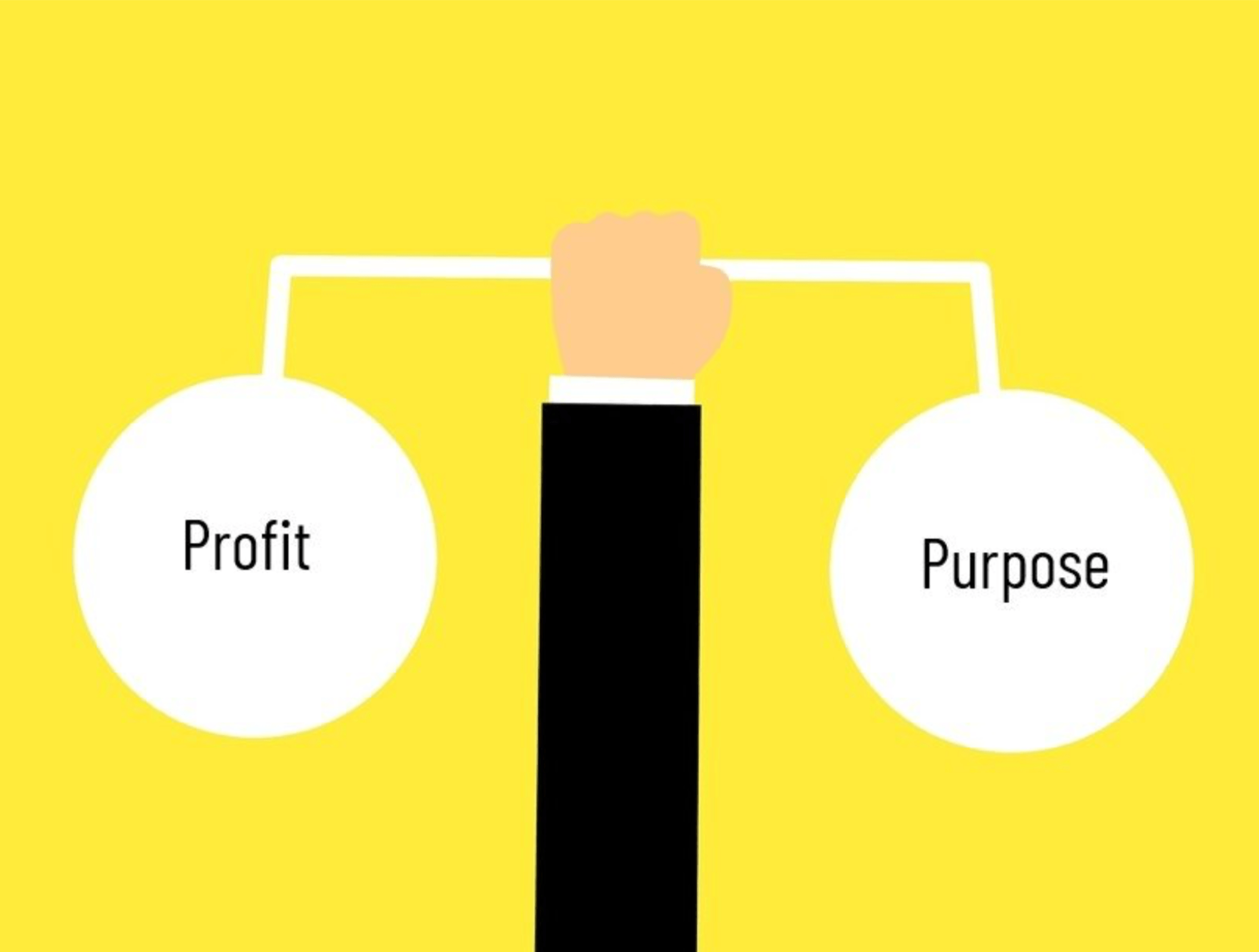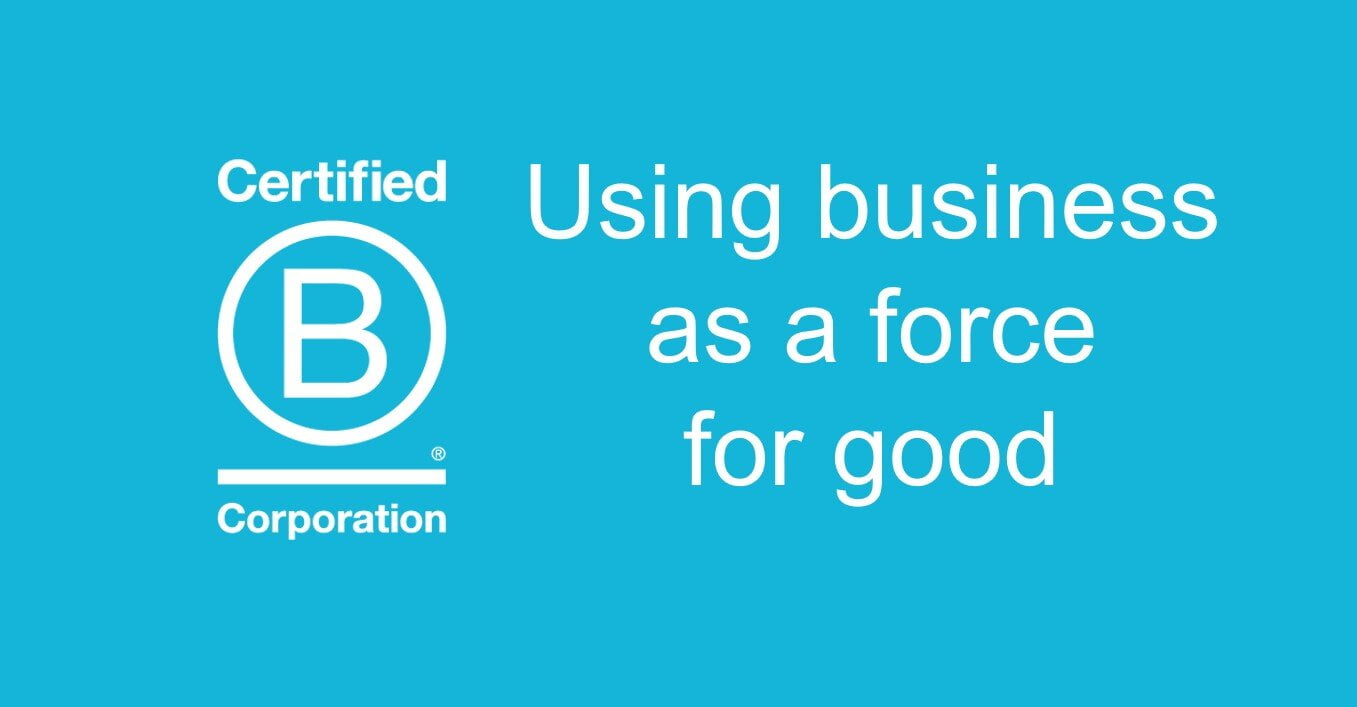In light of current challenges, how are we considering the impact of our decisions on our workers, customers, suppliers, community, and the environment?
There is a significant community of leaders, driving a global movement of people using business as a force for good.
During tough times is there a propensity to hunker down, close ranks and pull up the draw bridge by focusing solely on profits or is there now, perhaps more than ever, a desire to consider purpose as being of equal importance?
If that’s the case, what do you feel our role and purpose should be as leaders?
Have you recently been giving greater consideration to that in the last year?
How do we effectively deliver strategically in line with our purpose and measure our impact rigorously?
What is your company’s core reason for being, and where can you have a unique, positive impact on society? Now more than ever, you need good answers to these questions.
Only 7 percent of Fortune 500 CEOs believe their companies should “mainly focus on making profits and not be distracted by social goals.” And with good reason. While shareholder capitalism has catalysed enormous progress, it also has struggled to address deeply challenging issues such as climate change and income inequality—or, looking forward, the employment implications of artificial intelligence.
But where do we go from here? How do we deliver a sense of purpose across a wide range of environmental, social, and governance (ESG) priorities? Doing so means moving from business as usual to a less travelled path that may feel like “stepping outside of the box.” Are we going too far beyond our core mandate? Does it mean we’ll lose focus on bottom-line results? Will transparency expose painful tensions better left unexamined? Will our boards, management teams, employees, and stakeholders want to follow us, or will they think we have “lost the plot”? There are no easy answers to these questions; corporate engagement is complicated, and pitfalls, including criticism from sceptical stakeholders, abound.
Yet when companies fully leverage their scale to benefit society, the impact can be extraordinary. The power of purpose is evident as the world fights the urgent threat of the COVID-19 pandemic, with a number of companies doubling down on their purpose, at the very time stakeholders need it the most. Business also has an opportunity, and an obligation, to engage on the urgent needs of our planet, instead of simply waiting for governments and nongovernmental organisations to act on their own.
Some really interesting stats from McKinsey on businesses with purpose were recently issued.
The results of their survey of over 1200 managers and frontline employees found that those surveyed feel that purpose is important but many say their companies don’t have one, let alone one that makes a difference.
-
82% felt that it’s important to have a purpose.
-
72% felt that purpose should receive more weight than profit.
-
62% said that their organisations have a purpose statement.
-
42% said that their organisations’ purpose statement drives impact.
Find out more about developing a triple bottom line strategy that balances purpose and profit.
It would be good to hear your views, how you are making progress and to send you some additional information which will be of real value.







